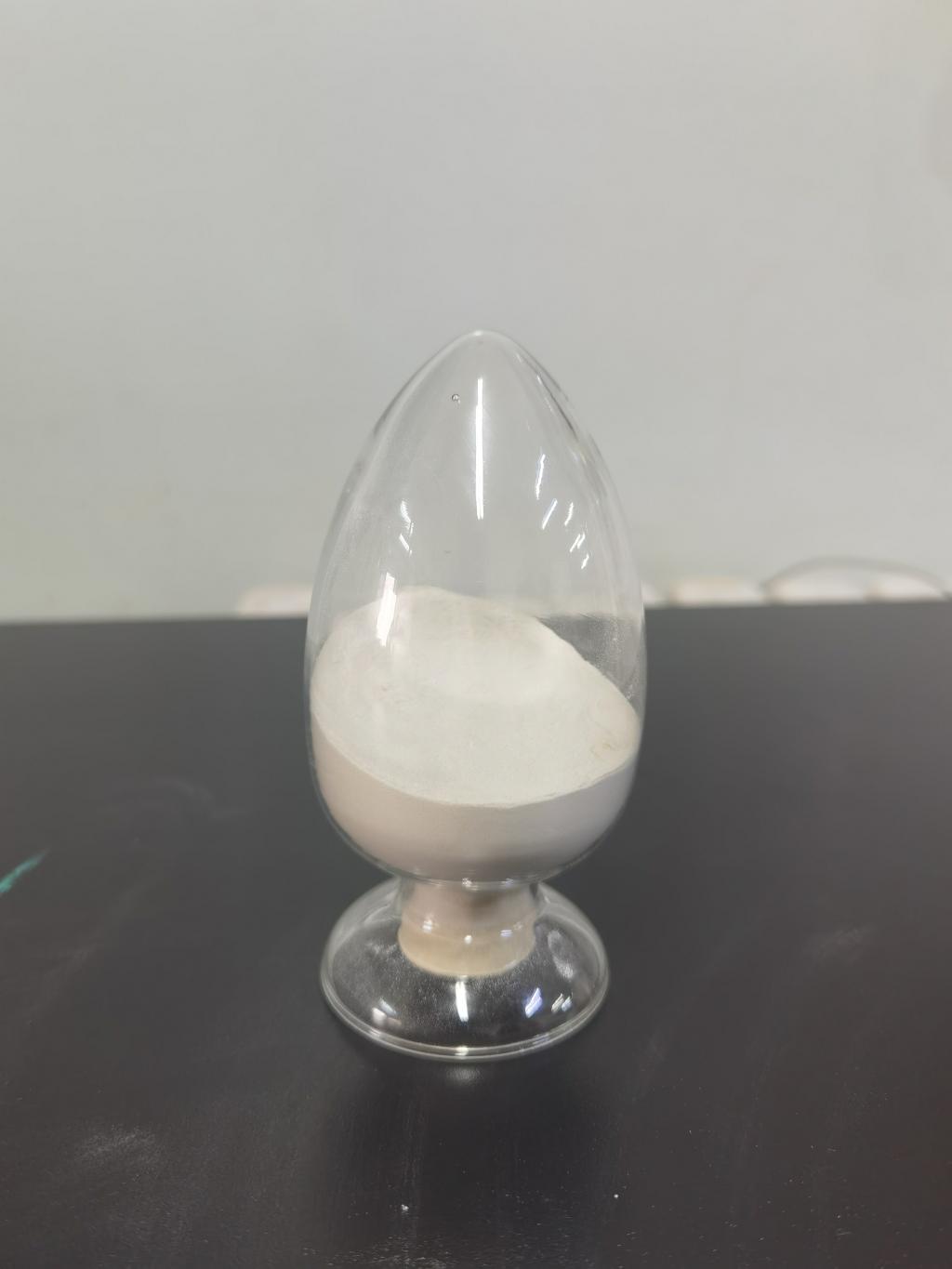Tel:+8618231198596

News
 CONTACT
CONTACT
 CONTACT
CONTACT
- Linkman:Linda Yao
- Tel: +8618231198596
- Email:linda.yao@dcpharma.cn
- Linkman:CHARLES.WANG
- Department:Overseas
- Tel: 0086 0311-85537378 0086 0311-85539701
News
Direct sale of factory products Nisin's Application in Plant-Based Meat and Alternative Proteins.
TIME:2023-10-12
The Rise of Plant-Based Meat and Alternative Proteins
The consumption of plant-based meat and alternative proteins has gained significant momentum in recent years. This shift in dietary preferences can be attributed to several key factors:
Sustainability: Traditional meat production is resource-intensive and associated with high greenhouse gas emissions, deforestation, and water consumption. Plant-based meat and alternative proteins offer a more sustainable and environmentally friendly alternative.
Health Considerations: Consumers are becoming increasingly health-conscious and concerned about the nutritional content of their food. Plant-based proteins are often lower in saturated fat and cholesterol, making them a healthier choice for many.
Ethical Concerns: Growing awareness of animal welfare issues in the meat industry has led to a surge in demand for cruelty-free and animal-friendly protein sources.
Innovation and Taste: Advances in food technology have enabled the creation of plant-based meat products that closely mimic the taste, texture, and appearance of traditional meat. This has attracted consumers seeking a satisfying meat alternative.
Challenges in Plant-Based Meat and Alternative Protein Production
While the plant-based meat and alternative protein industry is experiencing rapid growth, it faces several unique challenges:
Microbial Contamination: Plant-based ingredients are prone to microbial contamination, which can reduce shelf life and pose food safety risks.
Ingredient Compatibility: Formulating plant-based meat and protein products with a texture and taste that rival traditional meat can be challenging.
Shelf Life: Many plant-based meat products have a shorter shelf life compared to their meat counterparts. This limits their availability and distribution.
Clean Labeling: Consumers are increasingly looking for clean-label products with minimal artificial additives. Achieving this while ensuring safety and quality is a delicate balance.
Nisin: A Natural Antimicrobial Solution
Nisin, a natural antimicrobial peptide, offers a solution to many of the challenges faced by the plant-based meat and alternative protein industry:
Microbial Control: Nisin has a proven track record as a safe and effective antimicrobial agent. It can inhibit the growth of a wide range of harmful bacteria, including Listeria, Staphylococcus, and Clostridium, which are common contaminants in plant-based protein products.
Clean Labeling: Nisin aligns with clean-label trends, as it is considered a natural ingredient derived from the fermentation of lactic acid bacteria. It allows manufacturers to reduce or eliminate artificial preservatives while maintaining product safety and quality.
Shelf Life Extension: By controlling microbial contamination, Nisin can extend the shelf life of plant-based meat and alternative protein products, improving their availability and reducing food waste.
Sustainability: Nisin's natural origin and sustainability align with the overarching environmental goals of the plant-based protein industry.
Applications of Nisin in Plant-Based Meat and Alternative Proteins
Nisin can be applied at various stages of the production of plant-based meat and alternative protein products:
Ingredient Treatment: Nisin can be used to treat plant-based protein ingredients to reduce microbial load before formulation. This ensures the safety of raw materials and extends their shelf life.
Product Formulation: Incorporating Nisin into the product formulation can help control microbial contamination and maintain product safety during production and storage.
Coating or Packaging: Nisin can be applied as a protective coating or integrated into packaging materials to provide ongoing microbial control, further extending shelf life.
Surface Treatment: Surface contamination is a common concern in ready-to-eat plant-based products. Nisin can be used to treat the product's surface to prevent contamination post-processing.
Considerations and Challenges
While Nisin offers many advantages for the plant-based meat and alternative protein industry, some considerations and challenges should be addressed:
Regulatory Compliance: The use of Nisin in food products is subject to regulatory approval. It is essential to ensure that Nisin's application complies with local food safety regulations.
Efficacy: The optimal concentration and application method of Nisin must be determined for each specific product to ensure it effectively controls microbial contamination.
Consumer Perception: Educating consumers about the benefits and safety of Nisin in plant-based meat and alternative protein products is crucial for wider acceptance.
Ingredient Compatibility: The compatibility of Nisin with various plant-based protein formulations may vary. Compatibility studies are essential to ensure product quality.
Conclusion
The plant-based meat and alternative protein industry is at the forefront of addressing environmental, health, and ethical concerns associated with traditional meat production. While the sector continues to grow, it faces unique challenges, particularly in terms of microbial contamination and shelf life. Nisin, as a natural antimicrobial solution, offers a promising avenue to enhance the safety, quality, and sustainability of plant-based meat and alternative protein products.
By incorporating Nisin into ingredient treatments, product formulations, and packaging, manufacturers can achieve microbial control, extend shelf life, and ensure the safety and quality of their products. As the plant-based protein industry continues to innovate and expand, Nisin's potential to contribute to its success is substantial, making it a valuable tool for the future of sustainable and healthy food choices.
- Tel:+8618231198596
- Whatsapp:18231198596
- Chat With Skype







